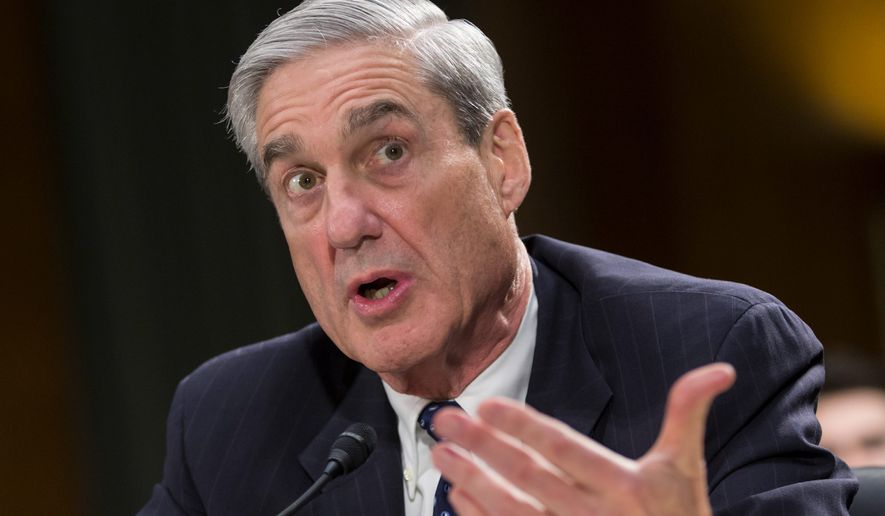OPINION:
Critics are obsessed by President Trump’s rants as they desperately dig for evidence that he colluded or conspired with Vladimir Putin’s Russia to “steal” the 2016 election. As one reads through the Mueller Report, it is clear that the president was upset and frustrated by investigation into activities he knew hadn’t taken place — who can blame him?
Mr. Trump can clearly be crude, but that doesn’t make him unique among occupants of the Oval Office. If Utah’s Mitt Romney was sickened by the president’s language and actions as reported by Mr. Mueller, one can only imagine how he must feel about some of what went on there during the Clinton, Nixon, Johnson and Kennedy administrations. In his frustration, Mr. Trump blurted out suggestions which, had they been followed, might well have justified the assertion that he had somehow “obstructed” the Mueller investigation. But blowing off steam is not obstruction, and his staff knew their boss well enough to know a weekend rant from a shift in policy unless one agrees with the recent Slate article headed “Donald Trump’s Personality is an Impeachable Offense.”
Unlike the staff assembled by Richard Nixon when he was president, the Trump staff sometimes refused or more often simply failed to act on suggestions or demands they knew would prove politically and perhaps legally counterproductive. In ignoring their boss’ rants or problematic instructions they were, in fact, operating as a staff should. By dragging their feet, they saved the president who is now able to tell his tormenters that regardless of what he said he wanted to do, he didn’t do anything that would have amounted to obstruction.
Once finished saying what he’d like to do, the president obviously had second thoughts because he never insisted his suggestions be acted upon. That’s why Mr. Mueller couldn’t decide what to do about such charges and why Attorney General Bill Barr was forced to conclude that the president did not engage in criminal obstruction.
Presidents are human with human appetites and tempers. They get frustrated and come up with dumb ideas they pass onto their subordinates who sometimes salute and then toss the suggestions into a drawer. I had to do exactly that while working for Vice President Spiro Agnew. In a day or so, my phone would buzz and the vice president would ask if I had followed up on whatever he’d asked me to do. When I said I hadn’t yet gotten around to it, there would be a pause and he’d suggest that maybe I should just forget he’d ever made such a suggestion.
By dragging my feet, I was serving him far better than if I’d rushed out to implement a suggestion I instinctively knew he would regret when he cooled off as he always did.
Many of President Nixon’s problems stemmed from the fact that he had managed to assemble an incredibly efficient staff that would rarely question his orders and would rush to implement them before he had a chance to change his mind. He was, for example, prone to read the daily Presidential News Summary and react by scribbling notes and orders in the margins as he read. Once he tossed it into his “out” box the problems would begin as Chief of Staff Bob Haldeman set the White House staff out to implement the scribbled orders.
Those of us who served in that White House wondered how the president and his aides could do some of what they were doing. With time, I realized the president was at least in part the victim of a too-efficient staff.
Like any competent executive or politician, Nixon would sometimes call to countermand what on reflection he must have considered ill-advised. By then it was too-often too late as his super-efficient aides while never questioning his judgment had run off to do whatever he suggested in the scribbled margins of his news summary.
It never occurred to the Bob Haldeman’s of the world to question, hesitate or drag their feet as a way of truly serving their boss’ interests. Many of the results of their efficiency ended up as counts in the House’s impeachment resolution and many of them, along with the president, ended up in trouble for doing things that on sober reflection they might never have done.
President Trump’s White House staff has been the target of much criticism, but it may be that through a combination of delays and maybe even a less than efficient staff structure, they saved their president from acting without reflection.
• David A. Keene is an editor at large at The Washington Times.




Please read our comment policy before commenting.